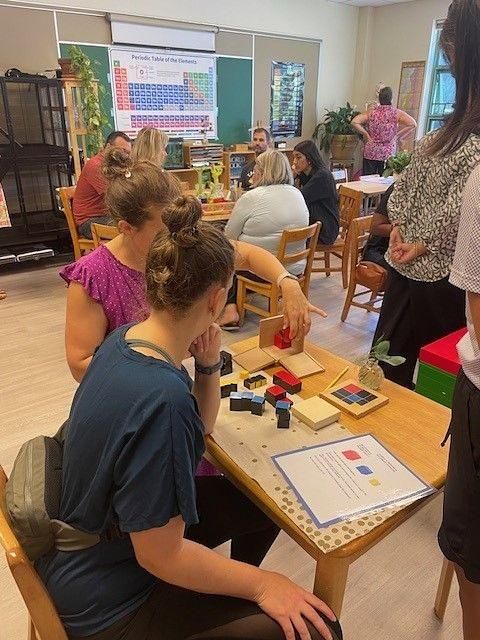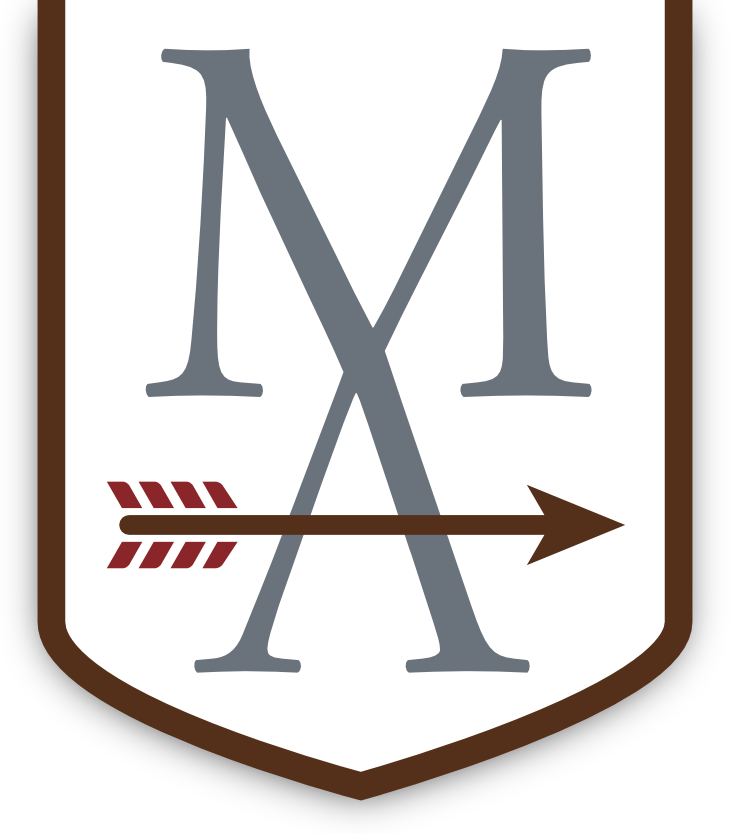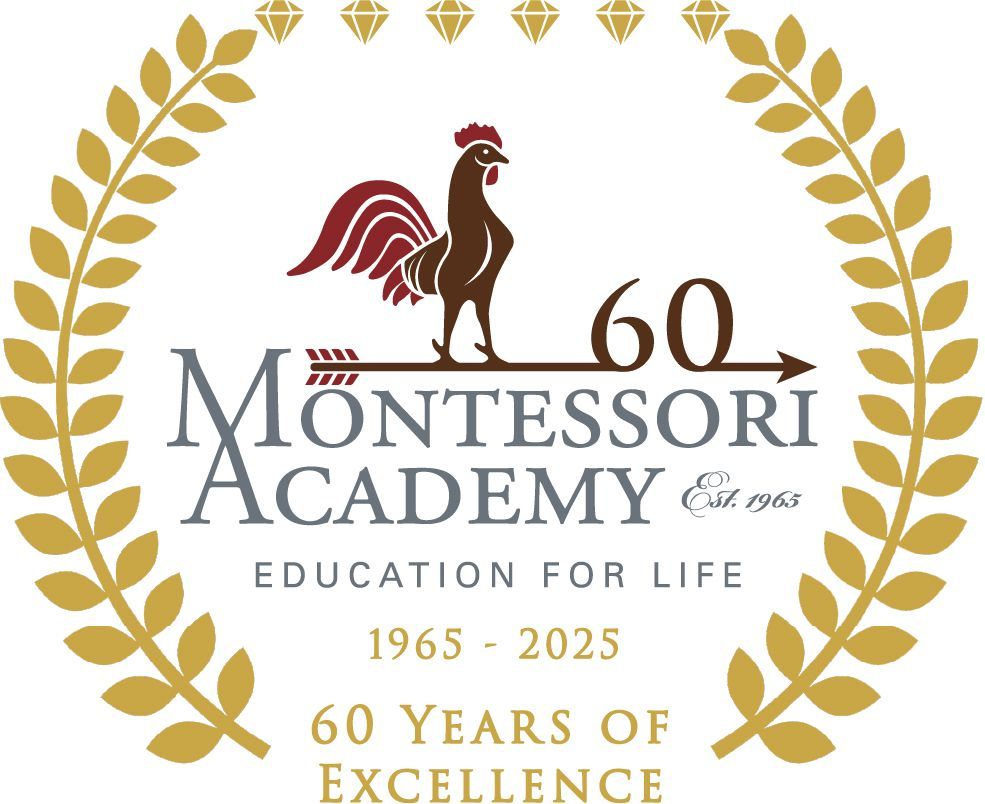
Many of us didn’t grow up with Montessori. As a result, we often find ourselves drawing upon a great deal of trust. We may intellectually understand how this unique method supports our children and their development. Still, we don’t always have the experiential knowledge to explain how and why it works!
We recognize that life is pretty scheduled, and we also want to provide you with information that can help you navigate others’ questions and queries (as well as your own!). Plus, we know that the more involved you are and the more opportunities you have to be connected to what we do, the more your child will benefit from Montessori’s child-centered approach!
Goals for Family Education Events
We have some goals in mind as we design parent and family education events. We want to deepen your understanding of Montessori philosophy and practice. We want to work together in partnership, and we often hear that families want to better understand how Montessori can be implemented at home. We are excited to help with this, especially knowing that when we are all aligned, we can work together to foster independence, responsibility, and self-discipline in our children.
Supporting Your Child’s Development
Our hope is that as you learn more about what we do and as we learn more about what you do, we can use a shared understanding of Montessori principles to support your child’s development both in and outside of school. Understanding developmental stages through a Montessori lens often leads to children feeling a stronger sense of belonging and connection because they feel understood and supported. This can translate into easier day-to-day interactions, better collaborative problem-solving, a long-term love for learning, and an increase in confidence and independence.
Partnership in the Parenting Journey
We want to help build a strong home-school partnership. Through consistent and varied communication and learning opportunities, we hope to create a collaborative environment and opportunities for meaningful dialogue. Parenting is a tough job, and we want to ensure you know you aren’t alone on this journey! Through different platforms, we aim to address common misconceptions and help you feel good about answering questions that come up at family gatherings and neighborhood events!
We value an engaged community, and we want to support your connections with other Montessori families. Sharing experiences and challenges with like-minded parents helps us all stay afloat during the ebbs and flows of raising children. We want our Montessori community to provide both emotional support and practical advice.
Ultimately, we want you to better understand Montessori so you can be an effective advocate for your child’s education and so you can feel prepared for the transitions your child will experience throughout the different stages of their life.






